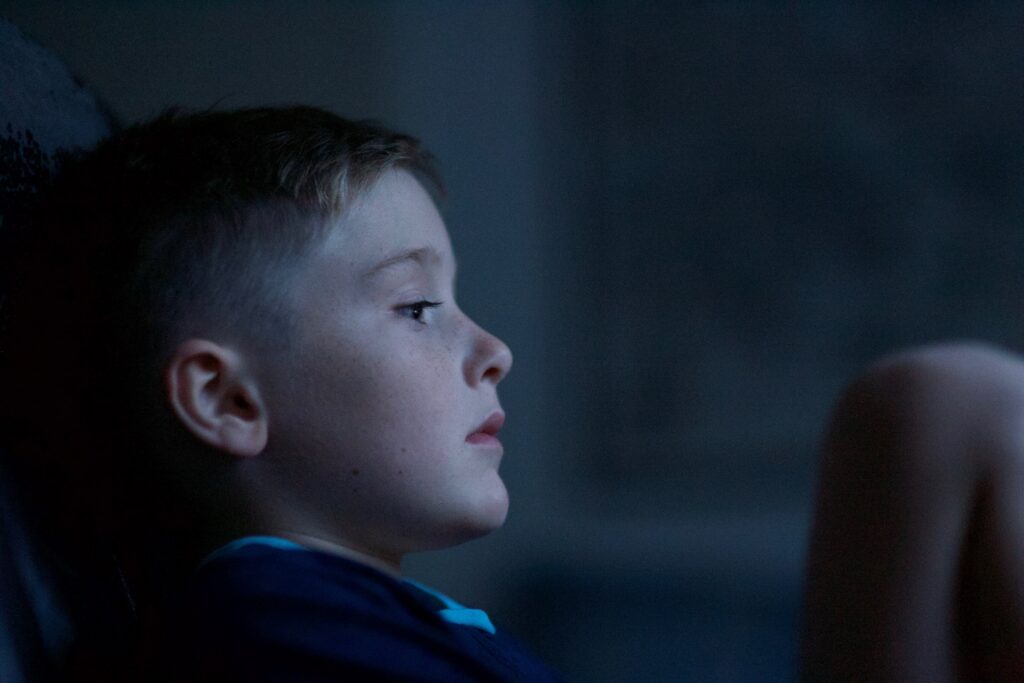We are living in turbulent times and when conflict hit the news, parents been standing in front of the difficult task of how to explain war to their children.
While adults grapple with the overwhelming news, children, too, might hear about it and feel frightened.
It’s natural to want to protect children from scary things, but parents need to be ready to talk with their children about all that is happening.
Experts say most parents don’t have to talk to young children about it unless they ask – or have a family member or friend in the military.
It is better to engage with children age 8 or older, but, if they might hear about it anywhere else you might want to talk about it at any age.
Parents need to work through a few things before they chat with their children.
Figure out what you want them to learn. What’s the one message you want to send along with whatever facts.
Messages could include: “The war is far away and we’re safe. Or “politics really matter in people’s lives and we have to vote,” for example.
Parents should also work through their feelings before talking with their children.
Try not to be a place for your child to subconsciously feel they need to process your emotions. A conversation with your child about a big scary somewhat incomprehensible topic is not the right place to work out your emotions as an adult.
Parents they don’t have to have all the answers. Thinking through a problem together helps children learn to navigate all the feelings – it gives them practice thinking about big hard things and challenges in life.

Preschool to age 8
Give them factual information with a personal value. It should be short and clear. Messages could include: “There’s a war, but it is far away and we are safe.”
If they ask you a follow-up question, state the answer simply and reinforce (your value).
So if a child asks, “Why are they fighting?” parents can say, “They’re fighting over who should be in charge but it is far away from here.”
It’s essential for parents to reassure their children and keep an open dialogue.
It is really helpful to say to your child, ‘When you have more feelings come talk to me.’ Not ‘if’, but use ‘when’. ‘When’ opens the door wider than ‘if’.

Age 8 to 10
Again, keep the message simple and share a lesson about what’s important to their family.
When children surprise parents with queries about war, it’s OK if they aren’t ready to address it. They need to acknowledge it and then return to it later. Saying something like “I’m the right person to ask” helps children understand parents are a trusted source.
“Give yourself breathing room to decide what the lesson is,” she explained.
While a child asking about war might catch parents off guard, it provides them with an advantage: They know what worries their children. You know what the answers they are looking for are.
Middle School
Parents should start by asking their middle school children what they know about war. Then they can address their children’s specific questions.
We tend to assume that our kids feel a particular way and we’re wrong a surprising amount of time. It lets them start where they are instead of where we think they are.
Asking questions also allows parents to nudge their children toward facts.
This way we can correct any misconceptions.
If parents don’t know the answer to something, they should look it up with their children. It offers the added benefit of showing children where to find reliable information and how to think critically about sources.
When you watch them learn, you get to be a part of the process and part of the conversation.

High school students
High school students Parents should start by asking their teens what they know about the current war and share as much factual information as they can with their values. But then they should ask them how they feel about it and where they get their information. Teenagers do want to know what their adults think about it and they are really influenced by it, but they’re also influenced by other people. Parents can help their teens to think critically about where they get their information and their beliefs from.



Leave a Reply